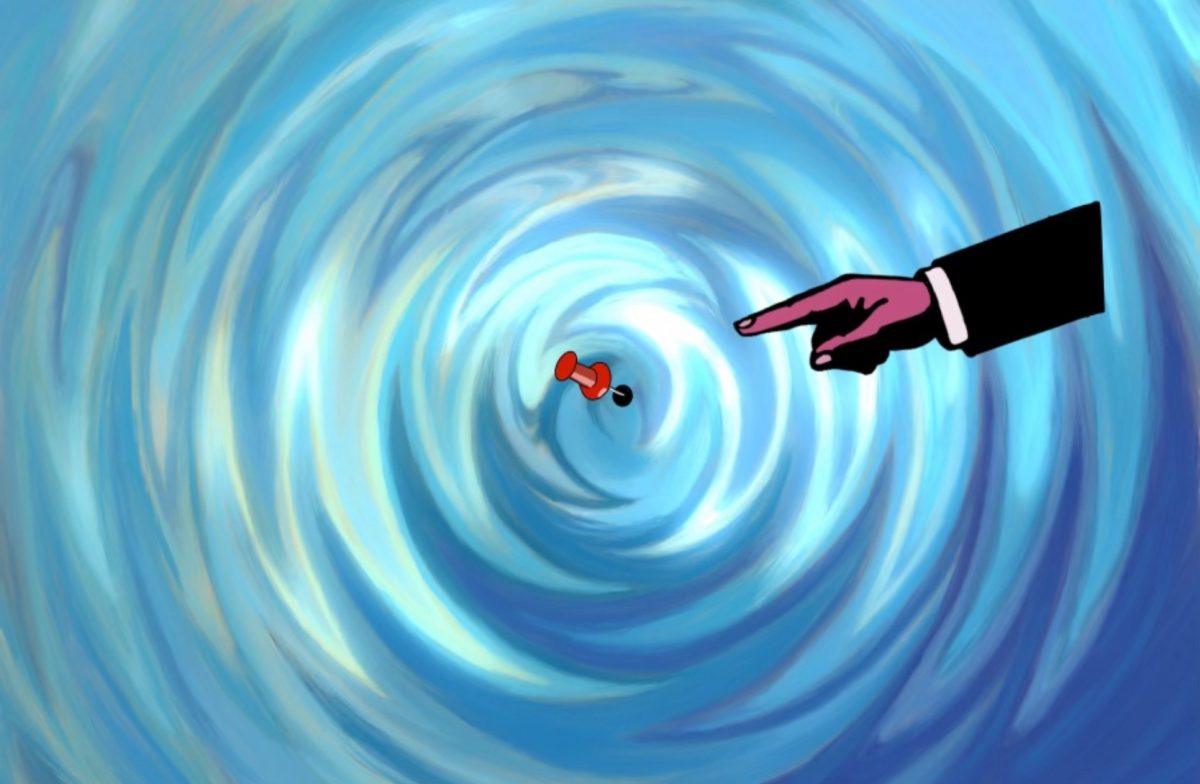Last year was the warmest on record. December 2015 was the first month to ever be 2 degrees Fahrenheit above the month’s historical average. In fact, 15 of the 16 hottest years in recorded history have been after the turn of the millennium. So how is the world economy going to be impacted by climate change?
Today’s investor needs to be wary of the changing climate – economic and meteorological. The value at risk in global portfolios could range from $2 trillion to $25 trillion if emission levels are unchanged, as reported by the 2006 Stern Review on the Economics of Climate Change.
The study also concluded the poorest countries are most at risk and if climate change is unaddressed, the world’s GDP may contract by at least 5 percent yearly. Each ton of carbon dioxide emitted causes damages worth at least $85. In 2013, 40 billion tons of carbon dioxide was released into the air. If you do the math, the monetary damage works out to a number followed by a lot of zeros.
If adequate efforts are made, the damages from emissions can be cut to less than $25 a ton, the Stern Review found.
Another study, published in the Nature journal in 2015, found climate change to cause average incomes to be slashed by a fourth by 2100. Compared to the projected temperature rise of 8.1 degrees in the upcoming decades, a Citigroup report in 2015 found that minimizing this prospective rise by 2.7 degrees could mitigate global GDP loss by $50 trillion.
The same study found there is an optimal average temperature of 55 degrees for agriculture production. This means while northern countries may be slightly better off, the already blistering tropics are going to be left devastated. Since northern countries are generally better off economically than those in the tropics, climate change could be a driving factor in inequality by region.
With the damage to property caused by natural calamities, the productivity loss is going to be massive as people are going to be unable to work in ever hotter climates. There is going to be a mass migration of people in the search of more habitable regions of the earth.
According to the Union of Concerned Scientists, tropical deforestation and emissions from agriculture represent nearly 30 percent of the world’s heat-trapping emissions. Food production and agriculture need to be more sustainable in order to mitigate this threat.
Along with the development of renewable energy sources such as solar, wind and thermal that can create tens of thousands of jobs while being cost effective, from a policy perspective, carbon pricing, energy efficiency and mandating technology improvements are required to effectively respond to climate change. According to the Stern Review, putting a price on car- bon through taxation, emissions trading or regulation will literally show people the cost of their actions.
There could also be a cap-and-trade system where regulators cap the maximum amount of acceptable emission, after which firms would need to trade emission credits. Free market champions might like this approach.
The government should also mandate large-scale devel- opment and use of a range of low-carbon and high-efficiency products.
Only a complete fool denies climate change, and only the ignorant do not understand its real threat to our survival. Climate change objectives should be fully integrated into development policy, and rich countries should pledge to lead the fight. The time to act is now, and stricter policy is the way to do it.








![Can’t buy me [self] love](https://vtcynic.com/wp-content/uploads/2024/04/self-care-FINAL-1200x796.jpg)



